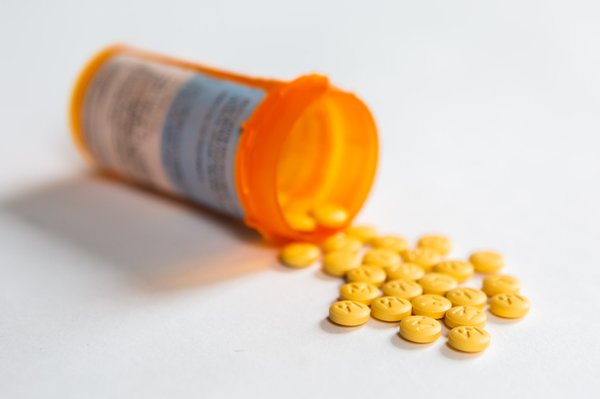Reports of misdiagnosed penicillin allergies have come and gone over the years, but a report released Tuesday highlights a staggering number of misdiagnoses.
Of the estimated 32 million people reported to have a penicillin allergy, nearly all of them —more than 95 percent — can take it safely, according to a news release from the American Academy of Allergy, Asthma & Immunology (AAAAI) news release. The study was published in The Journal of the American Medical Association.
Penicillins are a group of antibacterial drugs that attack a wide range of bacteria. They were the first drugs of this type used by doctors and have saved millions of lives, according to Medical News Today.
MORE HEALTH: Nearly half of U.S. adults who believe they have a food allergy – don't
Often a child with a virus may be mistakenly prescribed an antibiotic, TODAY reports. This is problematic because antibiotics like penicillin treat bacterial infections, not viruses. Research shows that at least a third of all prescriptions for antibiotics are not needed — antibiotics are often prescribed incorrectly for things like sore throats, ear infections and sinus infections.
Additionally, childhood viruses can sometimes be accompanied by a rash, which may be confused with an allergy.
It’s also worth noting that about half of all people who have a “true” penicillin allergy will grow out of it in a five-year period, according to AAAAI. As a result, patients and doctors alike may be needlessly avoiding an antibiotic that may be the best treatment for an infection and will reduce the development of antibiotic resistance, researchers warn.
But there’s a way to more accurately confirm a penicillin allergy — skin tests.
With that knowledge, the AAAAI “encourages more widespread and routine performance of penicillin skin testing as a component of antibiotic stewardship programs that have been implemented at many medical centers in the United States,” researchers explain. Such testing, performed more regularly, will lead to more patients safely receiving penicillins, and to improved outcomes and reduced costs of care, they conclude.


